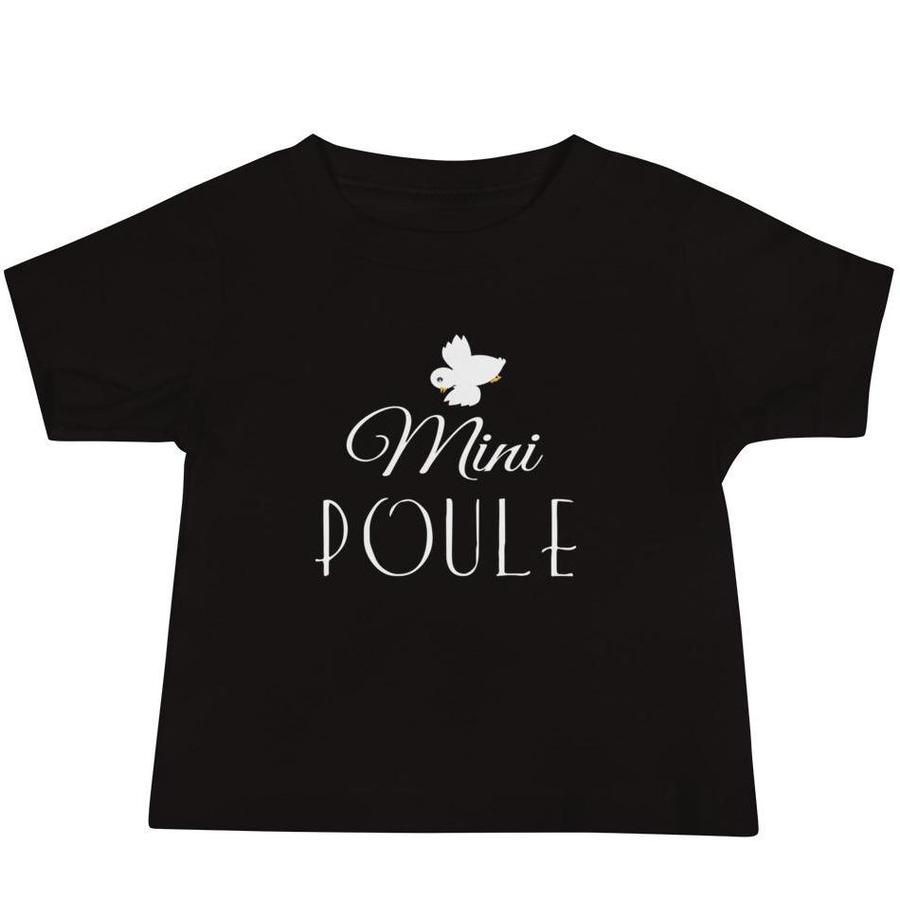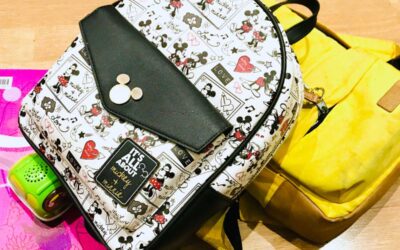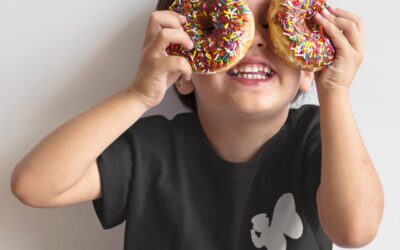“Sois sage!” as French parents regularly tell their kids, usually when they are being little terrors. Even the fondest parents will agree, little kids can be down-right little savages.
But we just don’t expect anybody else call them that to their face! “How dare anyone suggest that they are anything other perfect little angels!?” Brace yourself. In France, there is an expression “l’enfant sauvage”.
☞ READ MORE: 12 Popular French Nursery Rhymes
Meaning of “sage” in French
But let’s take a step back. In France, you will hear a lot of discussion around the word “sage“. It approximately translates into well-behaved, good, and wise, all rolled up into one. “As-tu été sage?” Have you been good?
Even very young French children will have heard the word so often, that they will be able to nod yes or no to that question. “Sois sage“. Be good. For my own little Frenchies, I usually translate it into English as “smart”.
☞ READ MORE: Top French Songs for kids

Sauvage: The Wild Child
On the other hand, a small child may be called “un peu sauvage” (a little savage), or even better, the famous backward compliment “moins sauvage que avant” (less savage than before).
Thankfully, it is not meant to be an insult (or at least one that is too severe). Historically, it does refer to real-life cases of Mowgli (The Jungle Book by Rudyard Kipling), but in France today, it actually refers to children who are a bit shy and not eager to socialize.
Not quite a wild beast, but more to indicate a baby or toddler who refuses to greet an adult. It is not a direct opposite of “sage”, but a well-mannered child, by contrast, will be referred to as “il est sage!“
☞ READ MORE: Caca Boudin: Your French Child’s First Swear Word
French etiquette for small children
Now this could be because a certain amount of politeness is expected in French society. When you walk into a store, you are expected to greet the shopkeeper with a “Bonjour”. A “s’il vous plaît” and “merci” is required in most instances, so might as well start them young!
In more traditional households, French children will greet their parents every morning with a cheek-to-cheek bisous (kisses). I’ve been to French weddings where small children were ready to do the cheek-to-cheek with me, a stranger they had never met before.
I usually offer to shake the hand of a small child rather than try a bisous, so as not to invade their personal space, but these kids were keen!
☞ READ MORE: Why French parents go on holiday without the kids
Now, of course, children come in all personalities and some are more shy than others. Even French parenting magazines don’t suggest otherwise. You cannot force politeness, you can only show the example. And even adults don’t always feel like being polite!
So don’t fret if you are still working on getting your little lion cub to say bonjour, just embrace the “little savages” that they are!

If you enjoyed that article, you may like to read more about French parenting. A bientôt!




